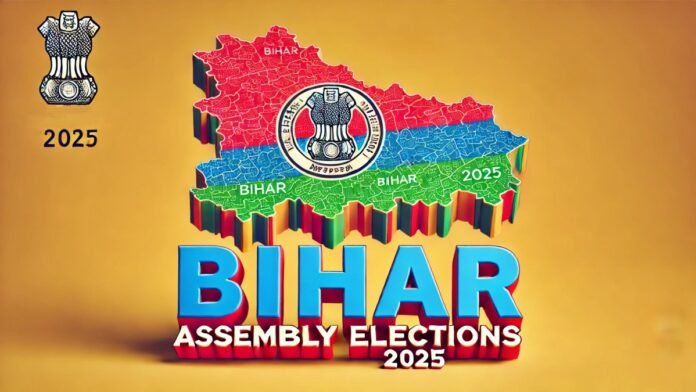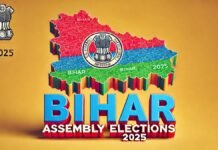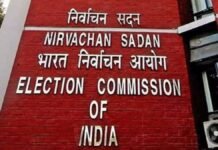
Key Points:
- The draft voter list for Bihar, updated after Special Intensive Revision (SIR), was released on August 1, 2025.
- No political party has officially filed claims or objections to the draft list within the first 24 hours; criticism continues in public and parliament.
- Approximately 65 lakh names are set for removal, with the EC urging citizens to verify and raise objections by September 1, 2025.
- The Supreme Court and Election Commission assure no name will be removed without proper process, emphasizing “inclusion over exclusion”.
- Controversy centers on eligibility documentation, inclusion of deceased or duplicate voters, and apprehensions about large-scale disenfranchisement.
New Delhi: The release of Bihar’s draft voter list following the Special Intensive Revision (SIR) for 2025 has fueled significant political controversy. While opposition parties have publicly criticized the process and staged protests, the Election Commission of India (ECI) has revealed that, as of August 2, 2025, no party has submitted formal claims or objections regarding the draft electoral rolls.
The ECI clarified that any eligible voter or party can file claims and objections until September 1, 2025, and reassured that no name will be deleted without a full investigation, hearing, and written order. This process aims to ensure genuine voters are not left out while ineligible entries such as the deceased or duplicates are flagged for removal.
Scale of Revision and Key Figures
- Out of Bihar’s 7.89 crore registered voters, over 7.24 crore submitted verification forms during the SIR drive held from June 24 to July 25, 2025 a participation rate over 91%.
- The draft list, published August 1, may remove ~65 lakh names, attributed to deaths (22 lakh), migration/unverified (36 lakh), and duplicates (7 lakh).
- Citizens and parties have until September 1 to correct errors, add eligible new voters, or contest removals.
Why the Controversy?
- Opposition Parties’ Stand: While no formal objections have been filed, opposition parties like Congress, RJD, and the INDIA bloc have voiced concerns over potential mass disenfranchisement, especially for those lacking documentation. They have raised the issue in Parliament and plan protests.
- Supreme Court Involvement: Amid petitions alleging possible unfair exclusion of voters, the Supreme Court has told the ECI that the draft rolls are not final and mandated the acceptance of Aadhaar and voter ID for verification. The Court emphasized “en masse inclusion” and pledged to intervene if large numbers are found wrongly excluded.
- Data Integrity and Privacy: There are ongoing debates over the integration of Aadhaar with voter IDs due to privacy and legal concerns.
What Happens Next?
- The ECI has urged all eligible voters to check the draft rolls, which are available online and at respective booths. New voters aged 18+ can apply for inclusion via Form 6 or declaration forms.
- Final voter list publication is expected by September 30, 2025, after resolving all claims and objections.
- Political parties and public will continue monitoring the process, with the potential for more legal and political challenges.
In summary: While the SIR initiative is meant to clean the voter rolls before Bihar’s crucial late-2025 assembly elections, its execution has triggered a robust public and legal debate over electoral inclusion and fairness. No official objections from parties have yet reached the EC, but the issue remains at the forefront of Bihar’s pre-election politics.


















































